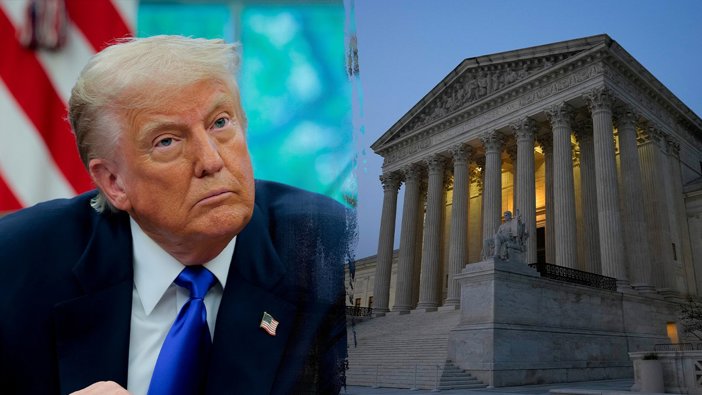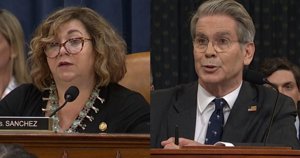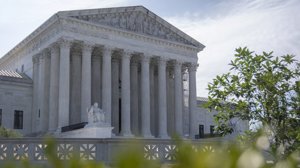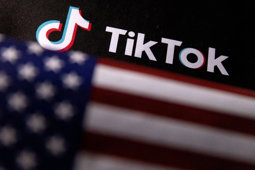
Trump’s Emergency SCOTUS Strategy Yields Fast Policy Wins
Trump’s administration finds rapid success with a record pace of Supreme Court emergency filings, advancing sweeping policies.
Trump Administration Accelerates Agenda via Supreme Court
The Supreme Court’s term may have ended last week, but the justices remain active—driven in part by an unprecedented legal strategy from President Donald Trump’s administration. In just 23 weeks, lawyers for the Trump administration have filed their 20th emergency application to the nation’s highest court, marking a record-setting pace for urgent legal action.
This surge of emergency filings comes as the administration seeks to push through some of Trump’s most ambitious policy actions, often amid fierce legal challenges. The Supreme Court, with its 6-3 conservative majority, has sided with Trump in the majority of these requests, allowing the government to move forward with controversial measures. Among the wins: the administration’s ban on transgender service members in the military, the termination of millions of dollars in Education Department grants, and the firing of probationary federal employees.
Unlike typical court decisions, these emergency orders are frequently unsigned and provide little insight into the justices’ reasoning. Emergency applications—sometimes referred to as the “shadow docket”—are intended to address urgent issues without setting permanent precedent. Yet, the Trump administration’s strategic use of this tool has enabled major executive actions to take effect quickly, even as related cases move through lower courts.
Record-Setting Use of Supreme Court’s “Shadow Docket”
The scope of Trump’s approach is unprecedented. In just five months, the administration has filed more emergency requests to the Supreme Court than former President Joe Biden did in his entire term (19), and far more than Presidents Obama and George W. Bush combined (8). The fast-track legal blitz allows Trump to enforce sweeping executive orders—many of which have drawn hundreds of lawsuits nationwide—by appealing adverse rulings to the Supreme Court at an extraordinary pace.
Supporters of the president say the near-term victories have energized their efforts to press forward with Trump’s ambitious agenda. The rapid-fire emergency application strategy enables the White House to circumvent slower legislative processes and bypass legal roadblocks from lower courts, securing immediate, if sometimes temporary, policy wins.
As the administration continues to rely on the Supreme Court’s emergency powers, questions remain about the broader implications of this aggressive tactic and its potential to reshape the balance between executive authority and judicial oversight. For now, Trump’s allies are celebrating a string of high-profile victories, with more executive actions likely on the horizon as the president pursues his sweeping policy goals.






